Mr. Davide Leonessi successfully defended his dissertation for the Masters of Science degree in Mathematics and Foundations of Computer Science, entitled “Transfinite game values in infinite games,” on 15 September 2021. Davide earned a distinction for his thesis, an outstanding result.
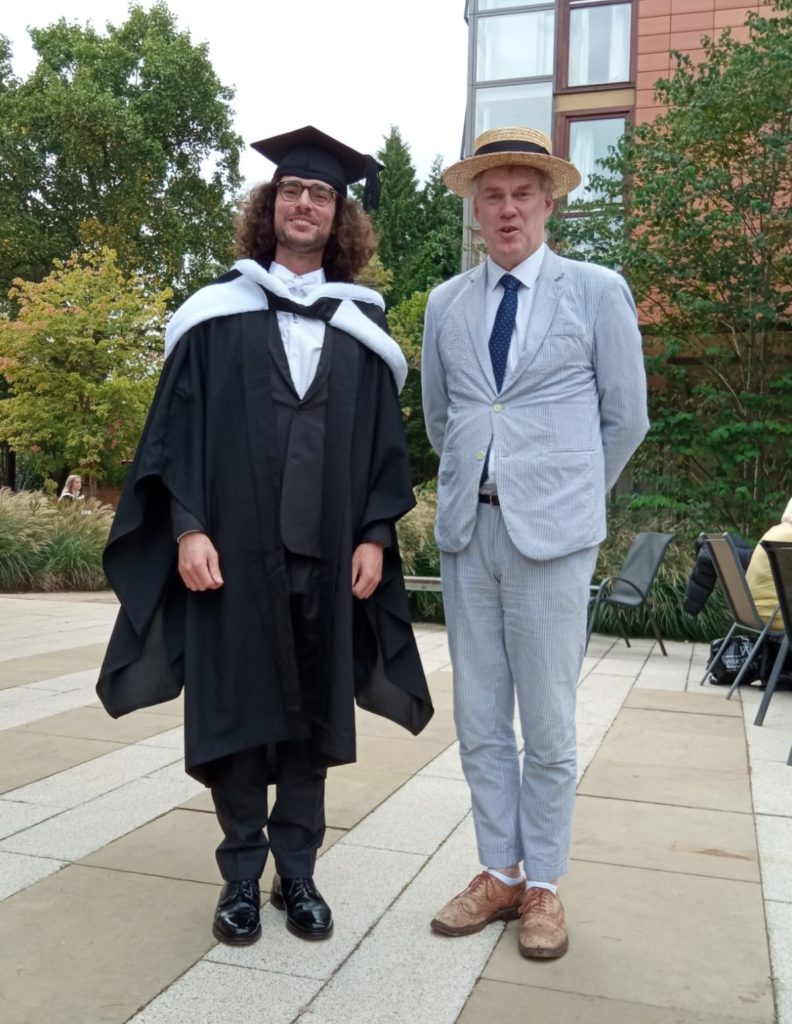
Davide Leonessi | Google scholar | Dissertation | arXiv
Abstract. The object of this study are countably infinite games with perfect information that allow players to choose among arbitrarily many moves in a turn; in particular, we focus on the generalisations of the finite board games of Hex and Draughts.
In Chapter 1 we develop the theory of transfinite ordinal game values for open infinite games following [Evans-Hamkins 2014], and we focus on the properties of the omega one, that is the supremum of the possible game values, of classes of open games; we moreover design the class of climbing-through-
The original contributions of this research are presented in the following two chapters.
In Chapter 2 we prove classical results about finite Hex and present Infinite Hex, a well-defined infinite generalisation of Hex.
We then introduce the class of stone-placing games, which captures the key features of Infinite Hex and further generalises the class of positional games already studied in the literature within the finite setting of Combinatorial Game Theory.
The main result of this research is the characterization of open stone-placing games in terms of the property of essential locality, which leads to the conclusion that the omega one of any class of open stone-placing games is at most
In Chapter 3 we show a dual result; we define the class of games of Infinite Draughts and explicitly construct open games of arbitrarily high game value with the tools of Chapter 1, concluding that the omega one of the class of open games of Infinite Draughts is as high as possible, that is
The full dissertation is available:

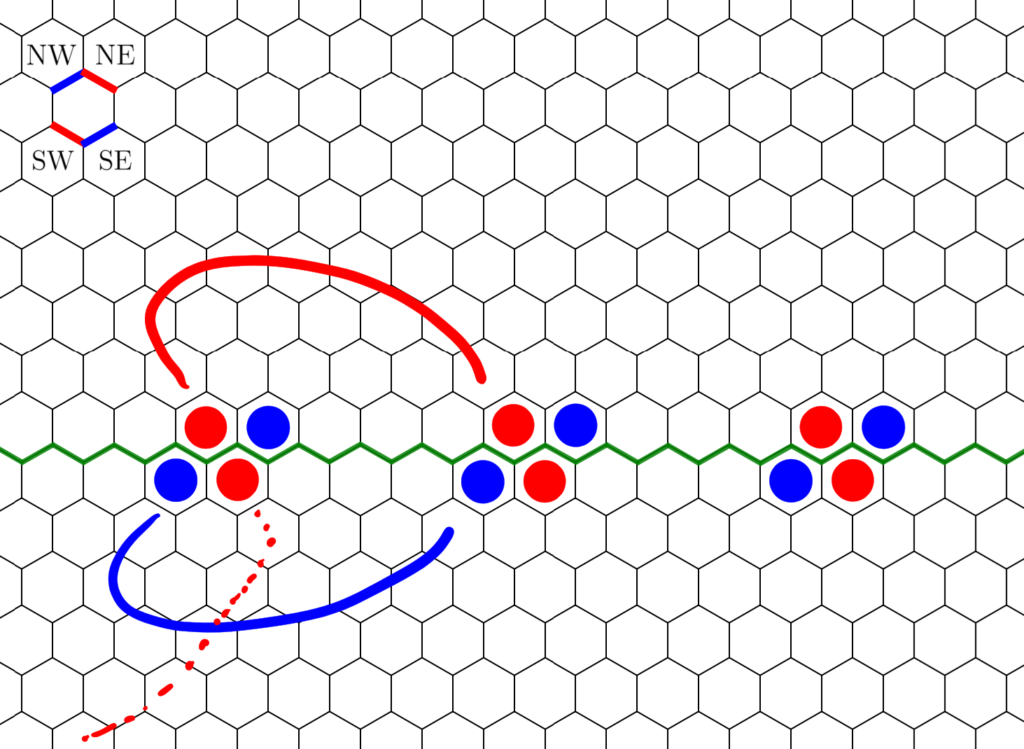

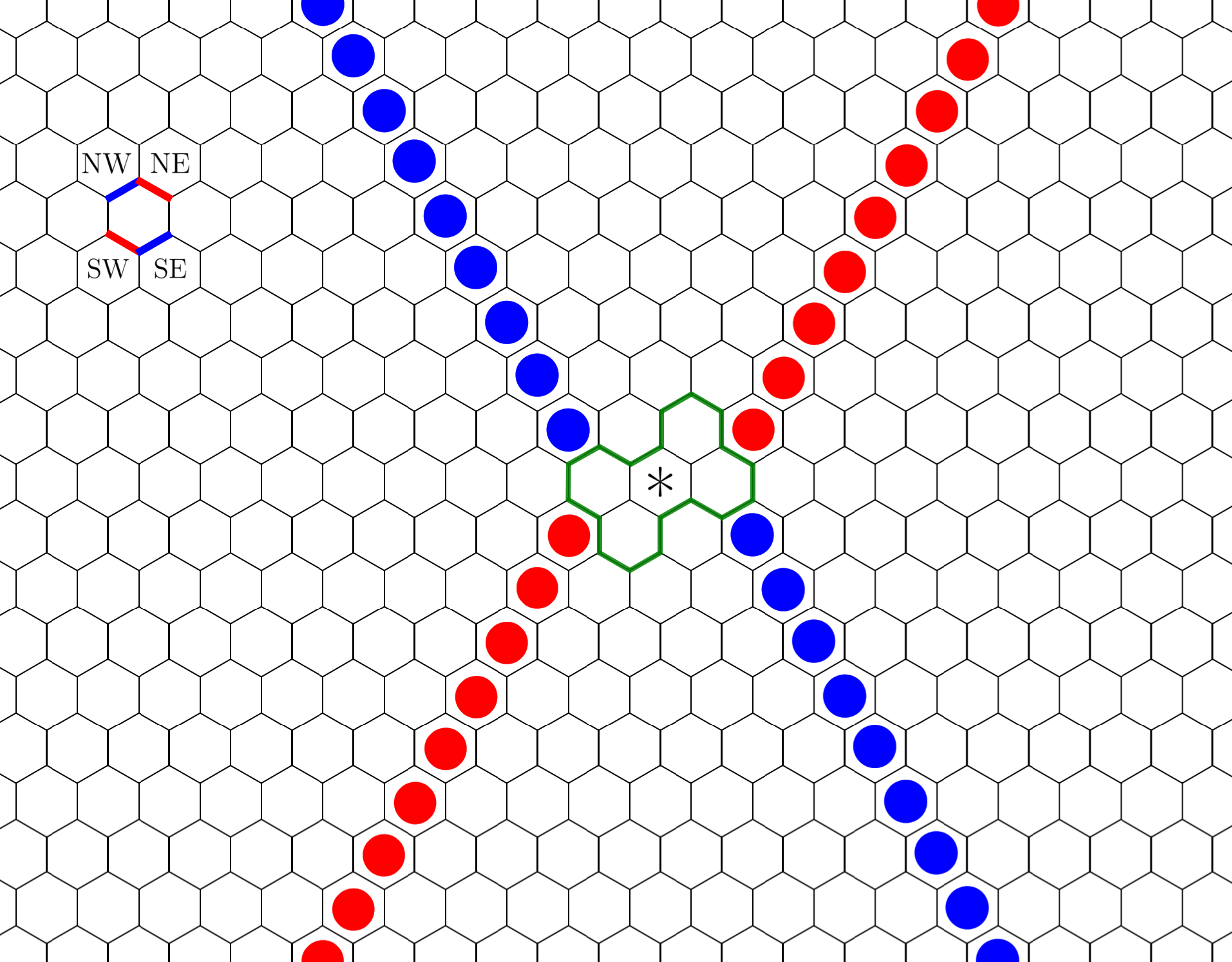
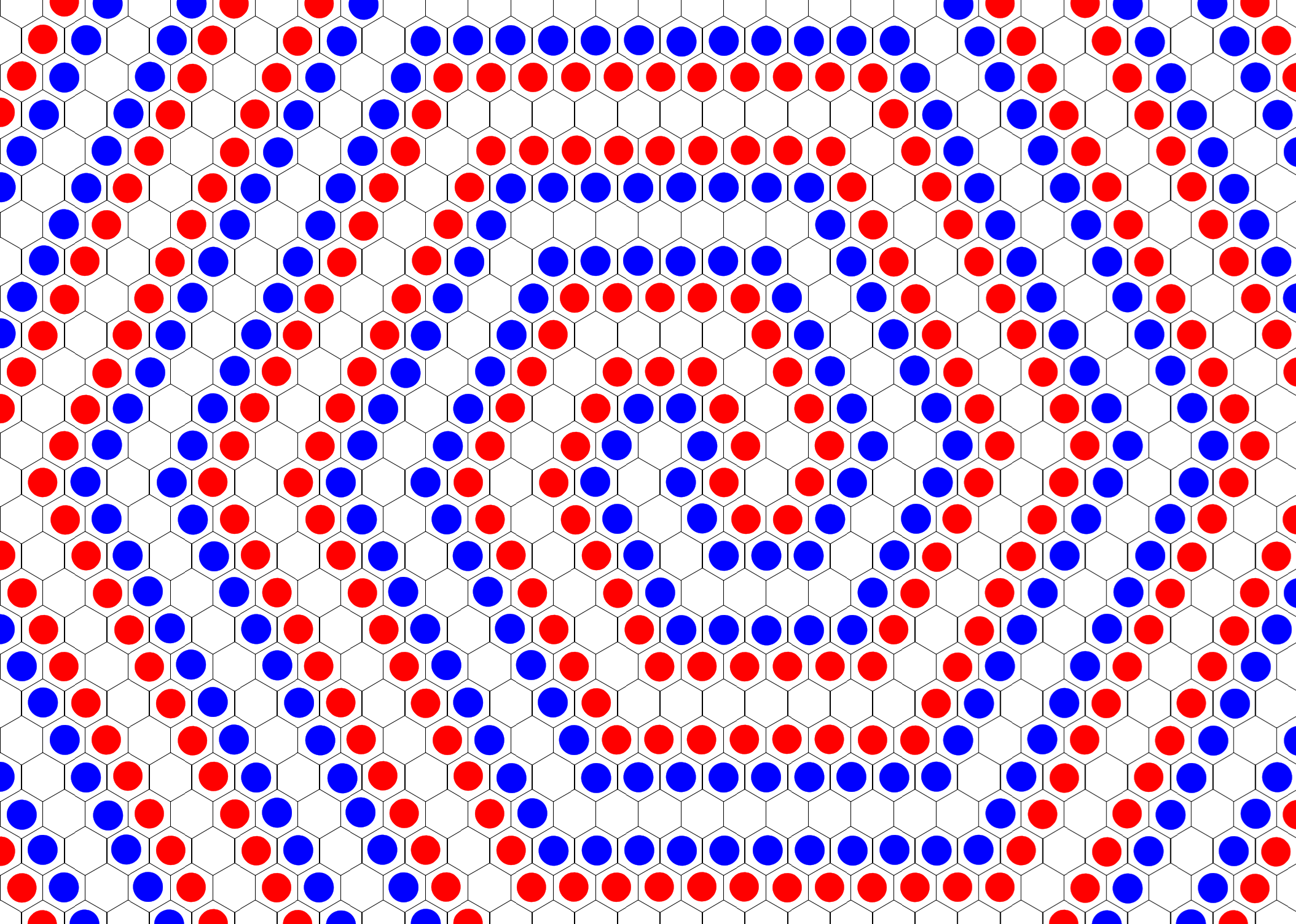
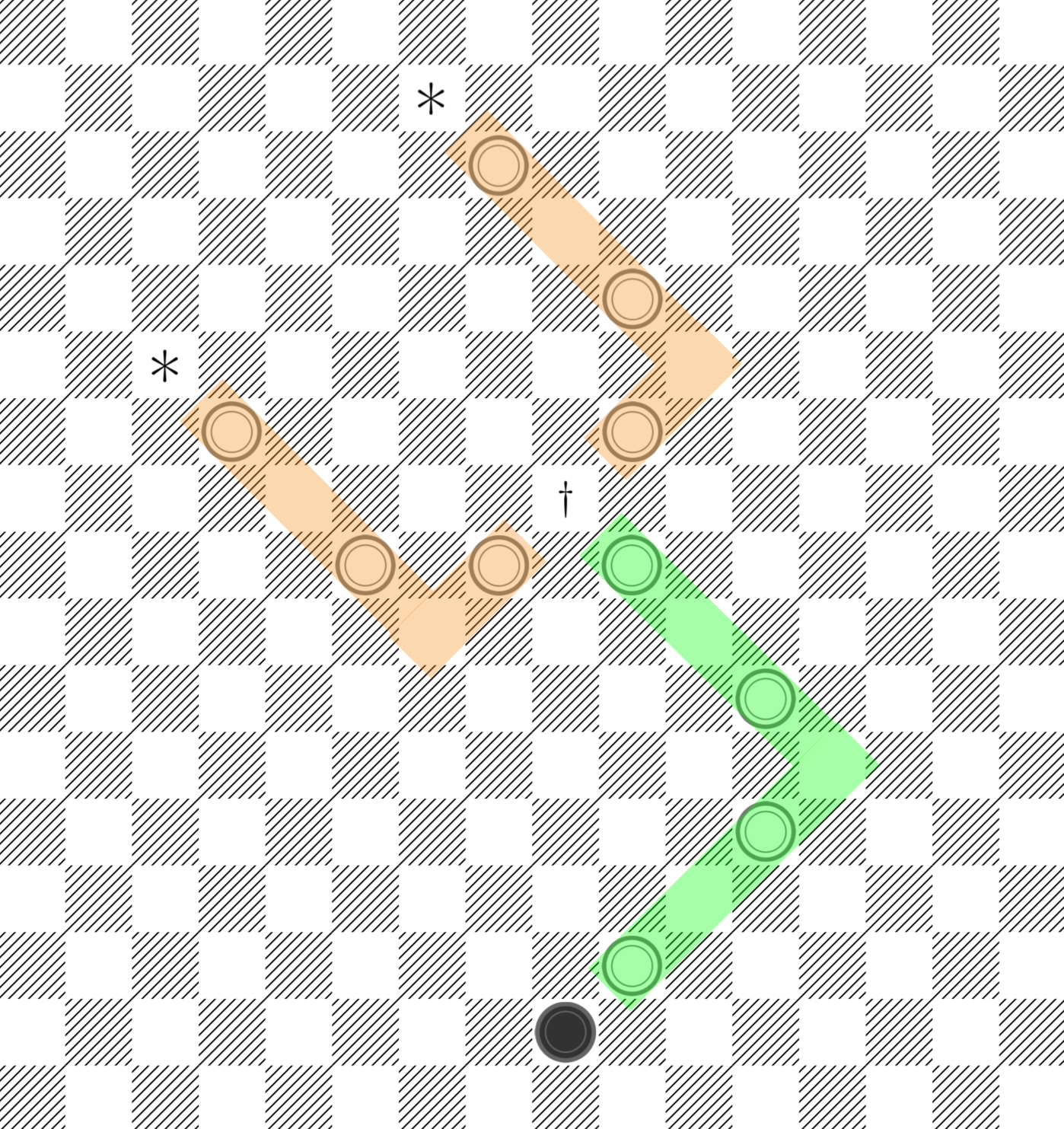

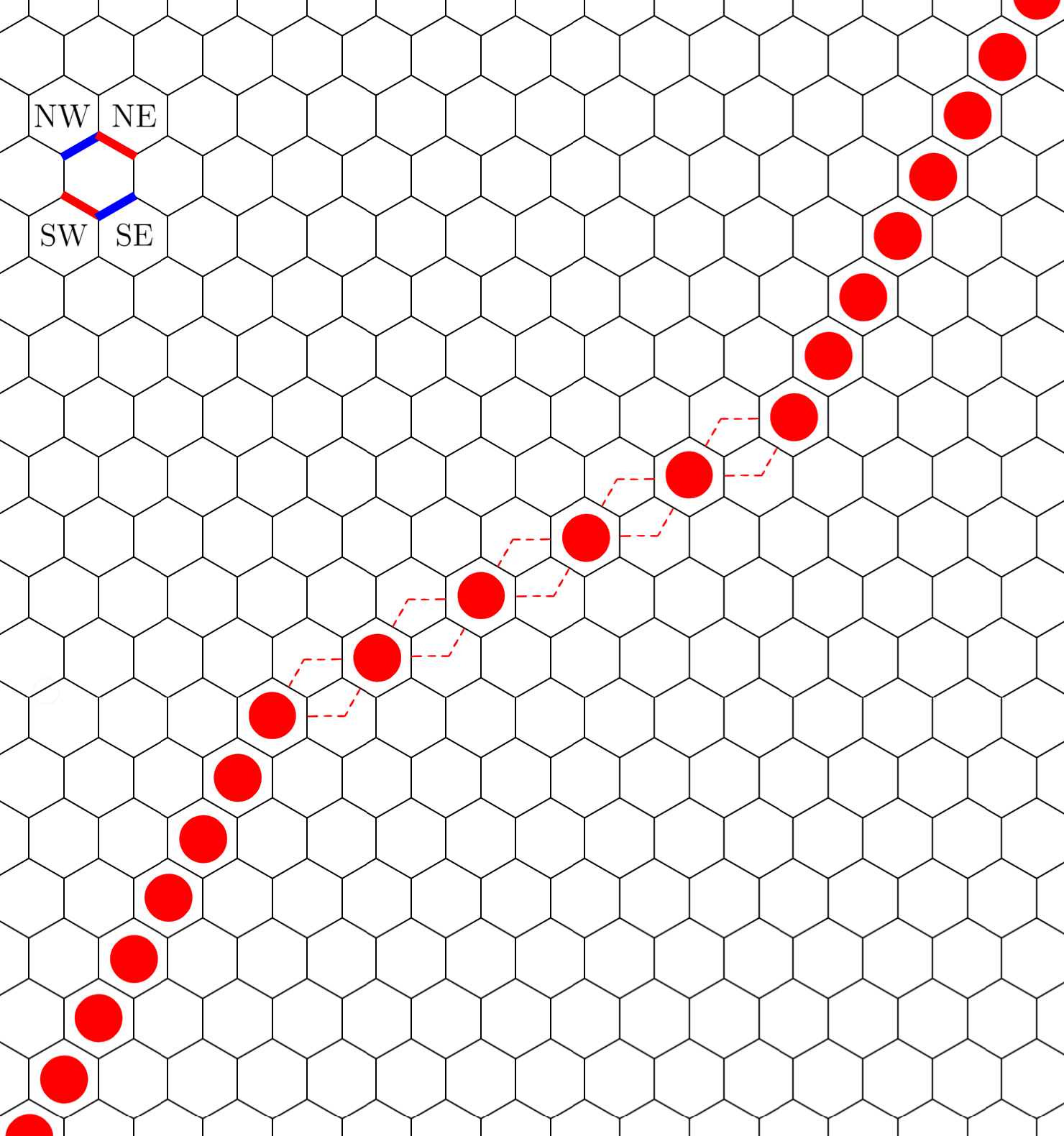

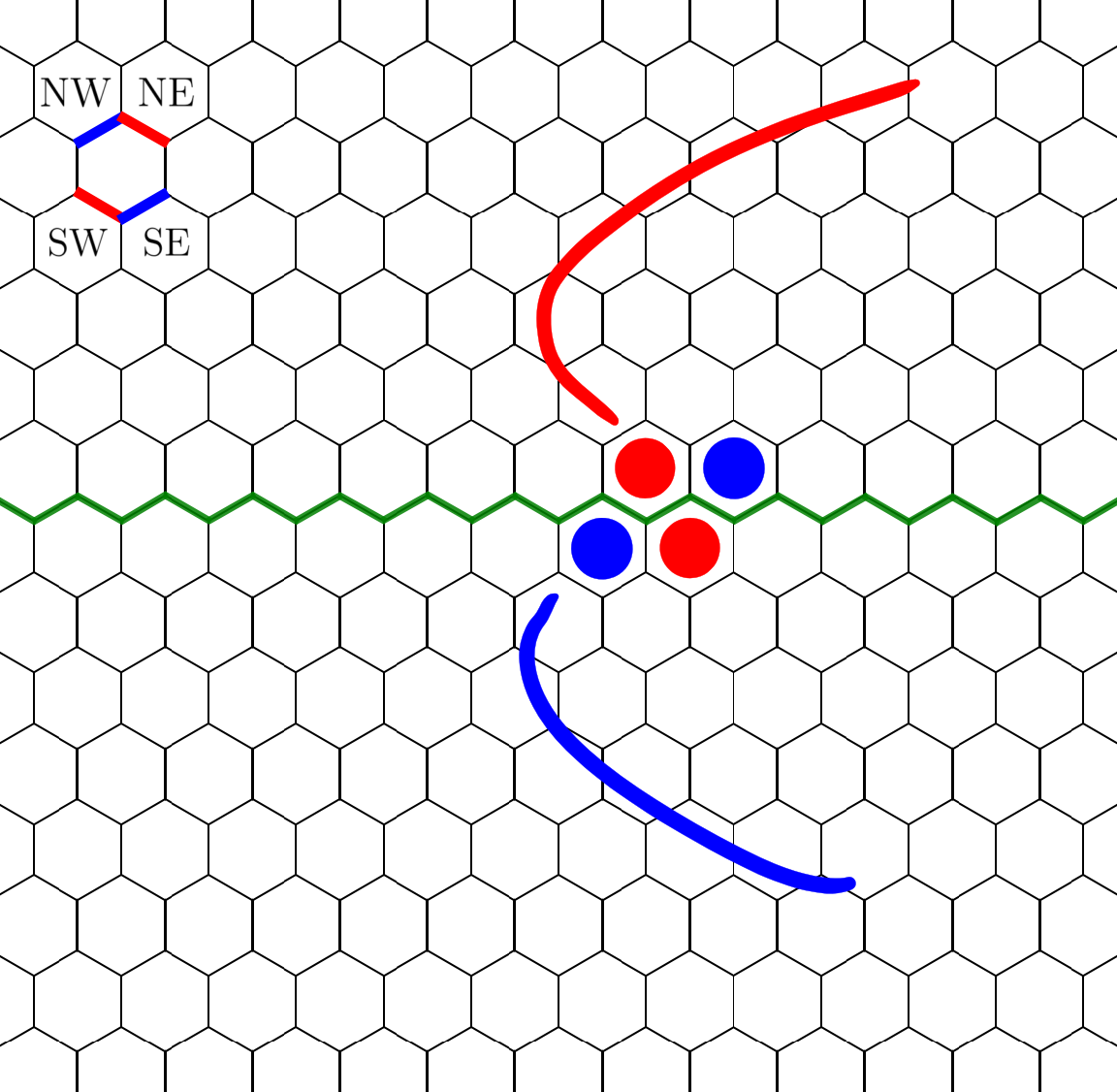
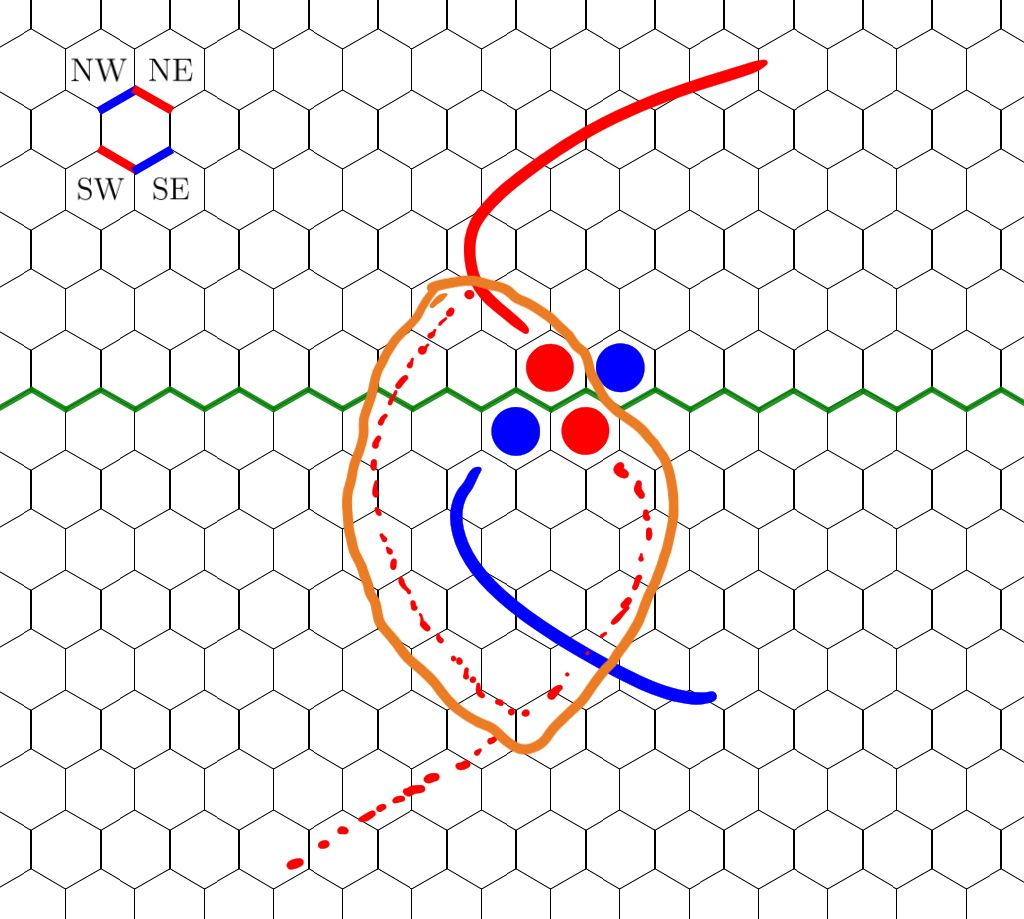
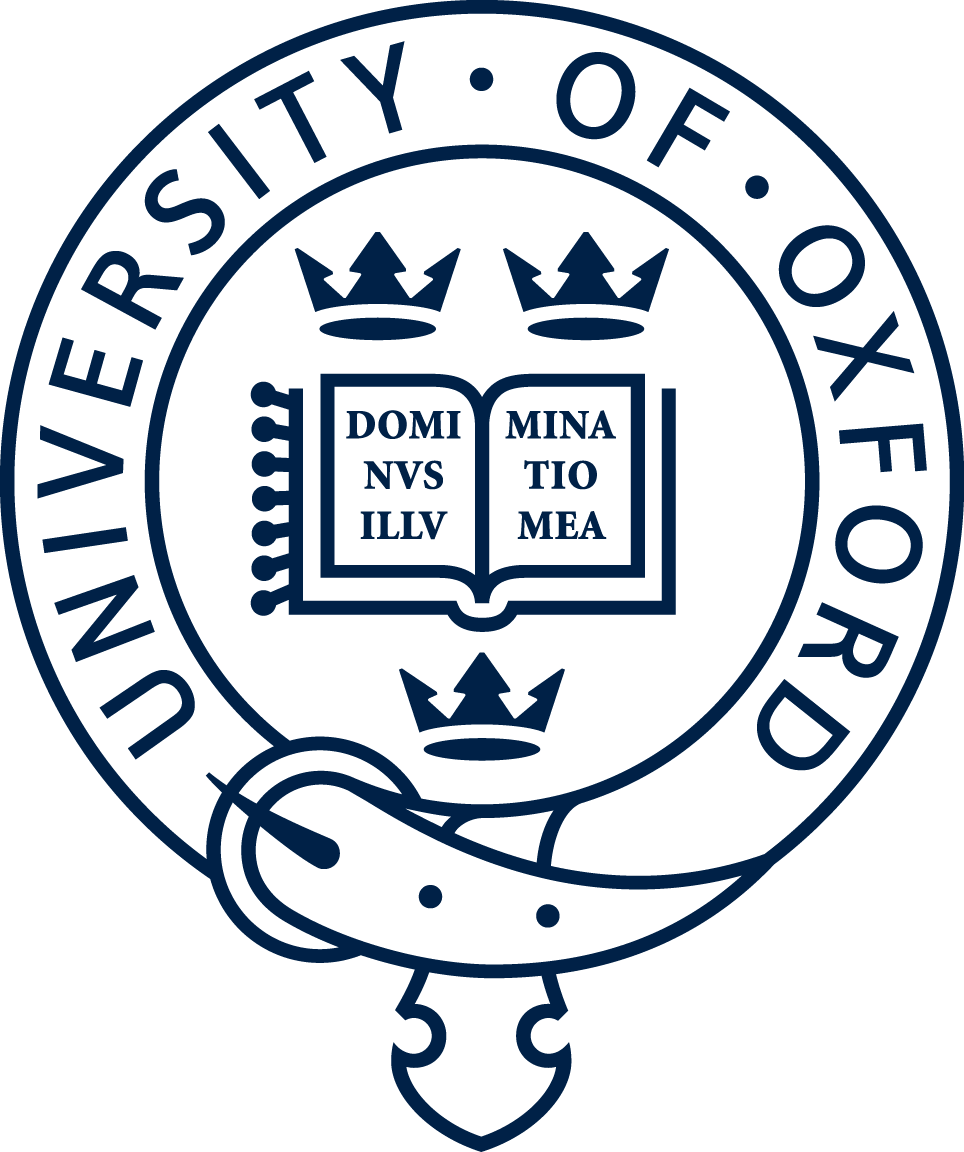
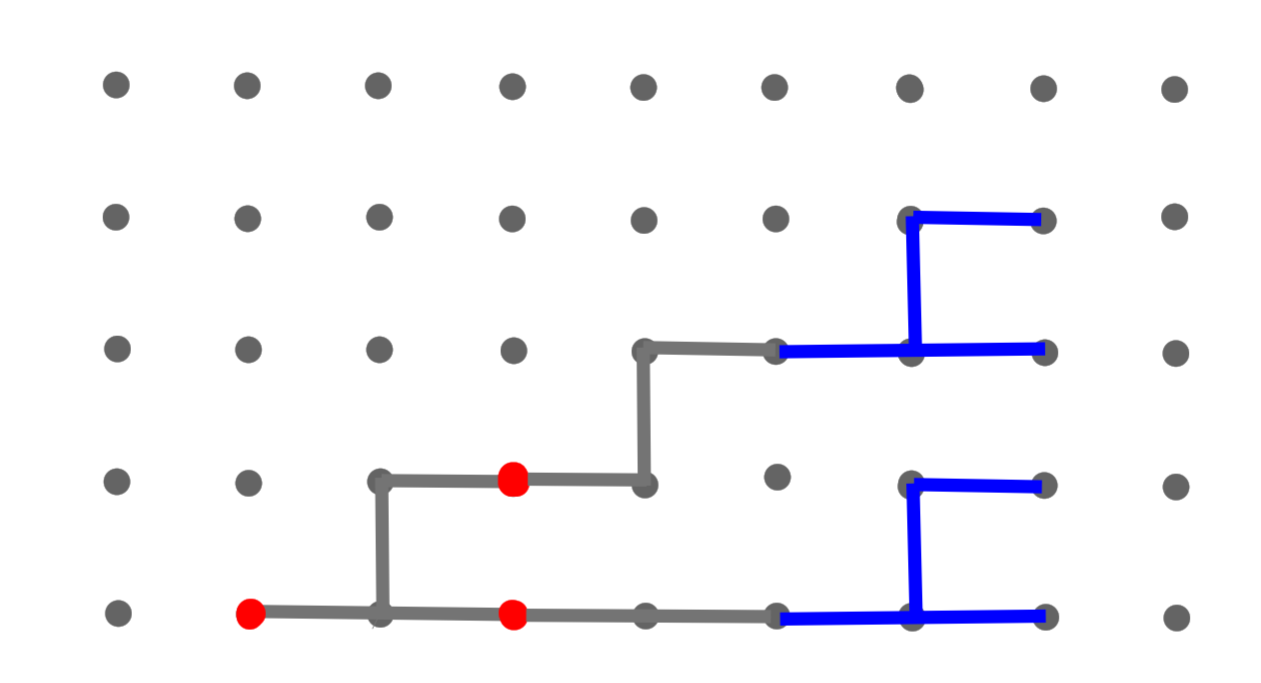
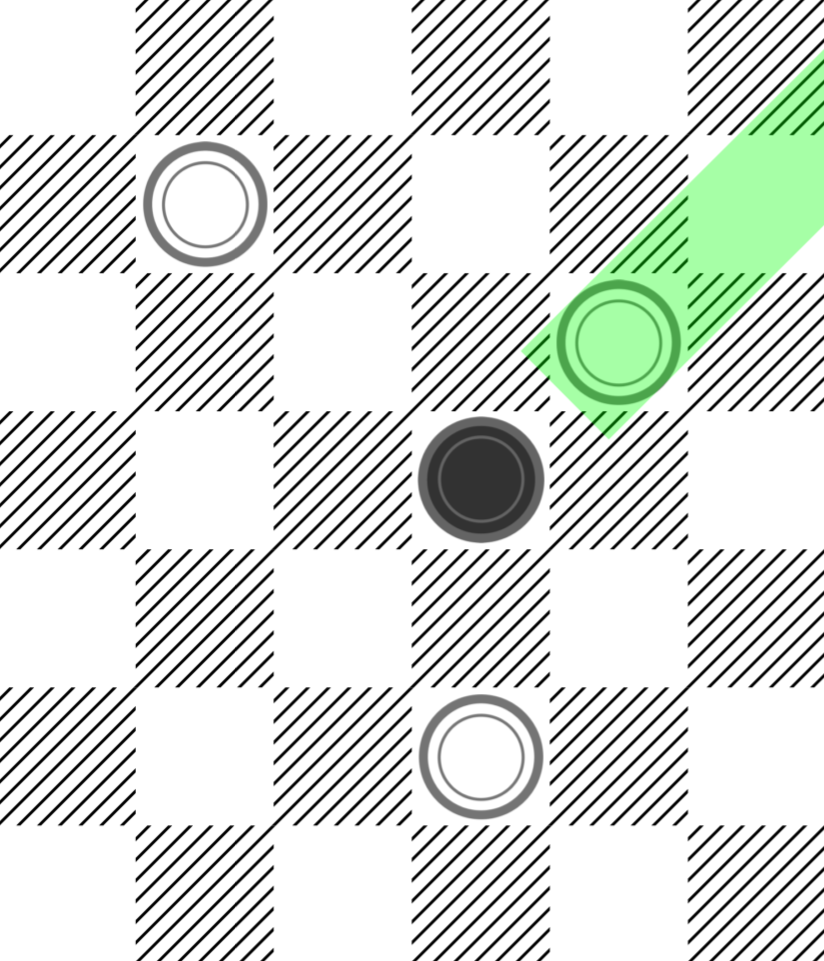
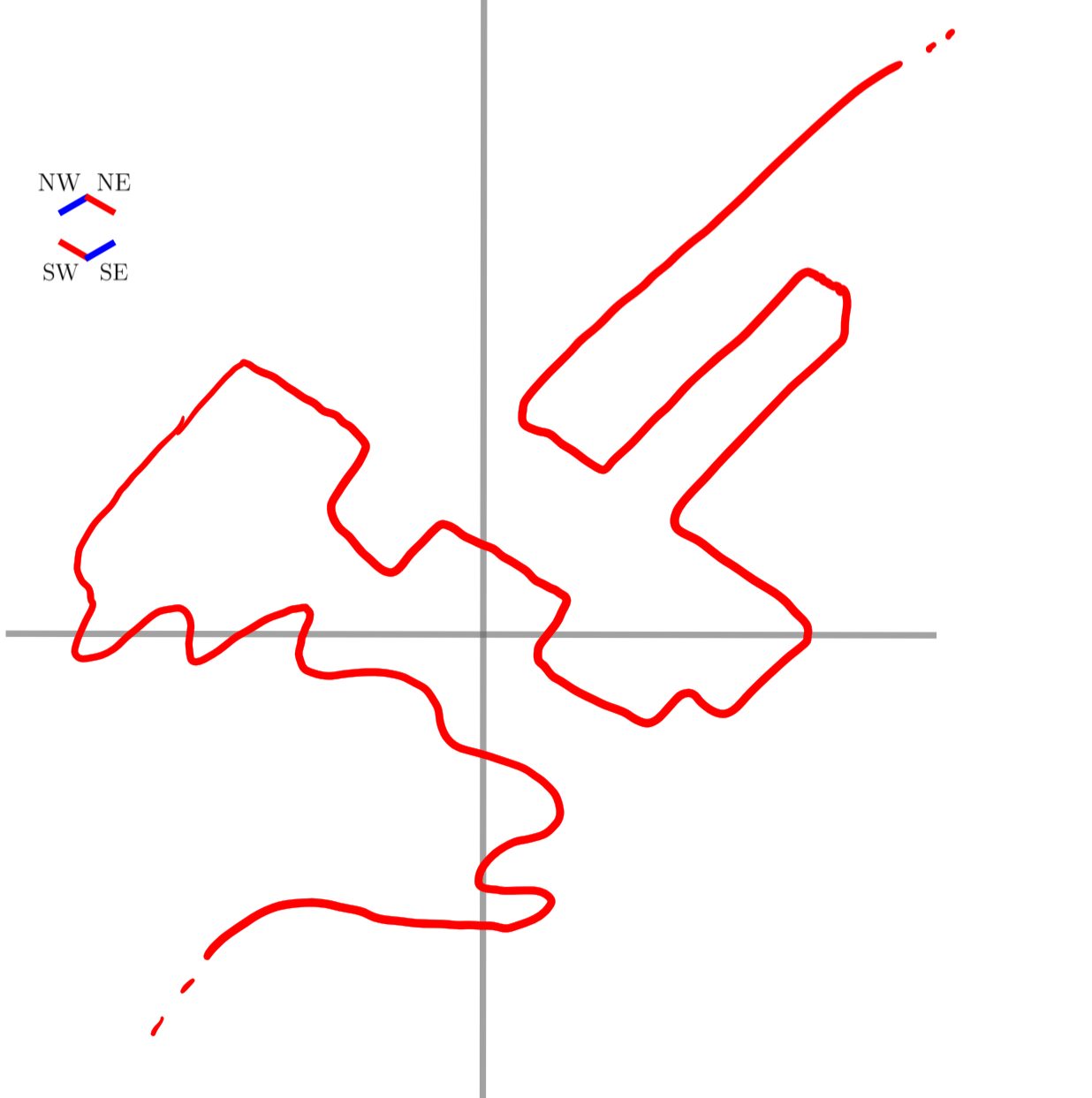
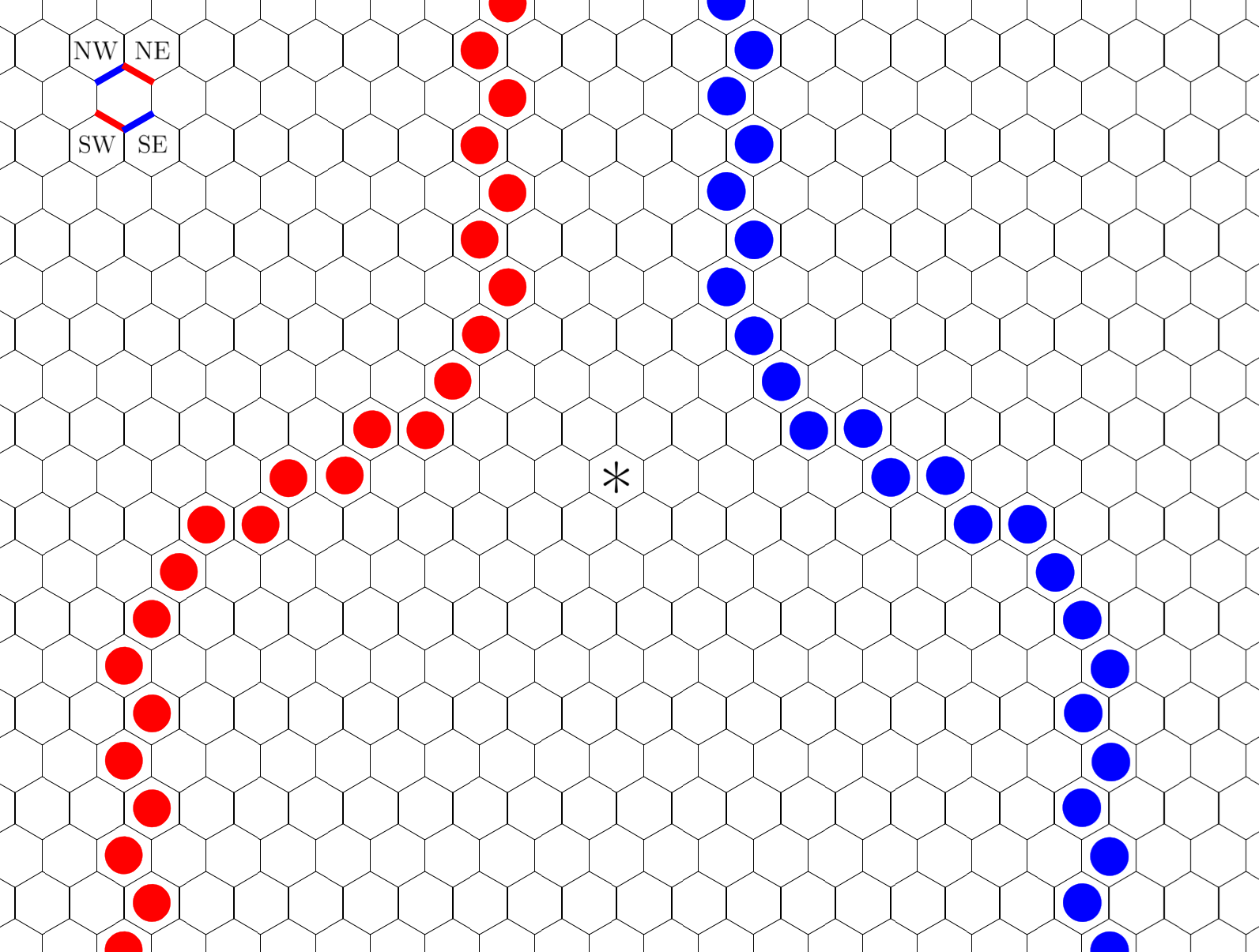


Pingback: Infinite Hex is a draw | Joel David Hamkins